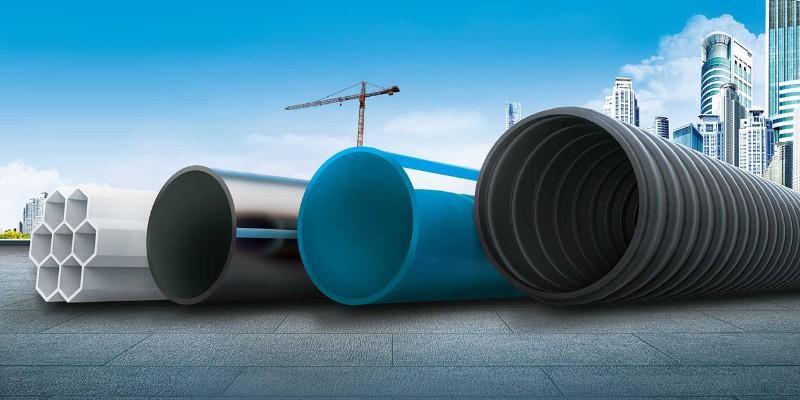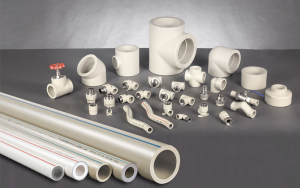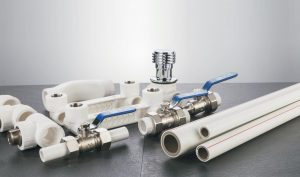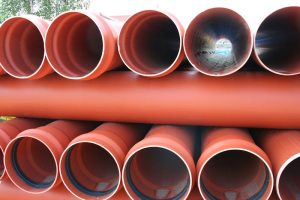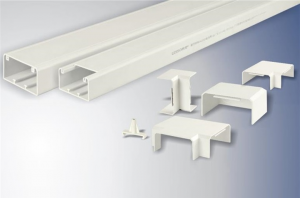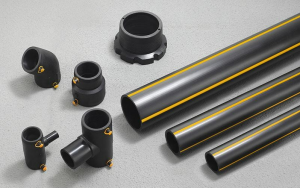When it comes to industrial establishments and manufacturing plants, the success of the overall operation is dependent on many components. The piping system that runs along the walls and ceilings provides the commercial facility with different kinds of fluids. Like most other essential systems, pipe fittings also require repairs and even complete replacement.
Major Differences Between Commercial and Residential Plumbing
The prime difference between commercial and residential plumbing is that the piping systems are used more frequently in a commercial setting. Moreover, the plumbing system is much complicated, and everything involved in the system is more hectic.
Commercial plumbing systems are vigorously used up which leads to wear and tear and faster damage. Further, they have to handle a lot in terms of pressure, the temperature of the fluid, exposure, and high traffic compared to the domestic setup.
Different Types of Plumbing Pipes Used in Commercial Buildings
There are several choices in commercial plumbing materials and some of them are even designated to cater to a particular need. Some of the most common pipe materials used in commercial establishments are:
Copper
This is one of the most expensive options owing to its extreme durability and corrosion resistance. It is suitable for both hot and cold applications and fit for enduring high pressure.
If corrosion is a significant issue in commercial plumbing, then it is better to have stainless steel pipes installed owing to their heavy strength and improved ductility.
Cast-iron
It is primarily used in sewage lines in a commercial setting. These commercial building materials are engineered to endure temperature and pressure fluctuations efficiently. They are also fire resistant and can keep down noise levels to a considerable extent.
These pipes find their usage in both commercial and domestic settings and they are widely used in indoor applications.
PEX
This material provides a unique advantage in commercial plumbing systems. They are extremely flexible and gets bend according to the pressure and the temperature of the fluid passing through. Since it reacts with UV rays, PEX pipes are also fit for outdoor usage.
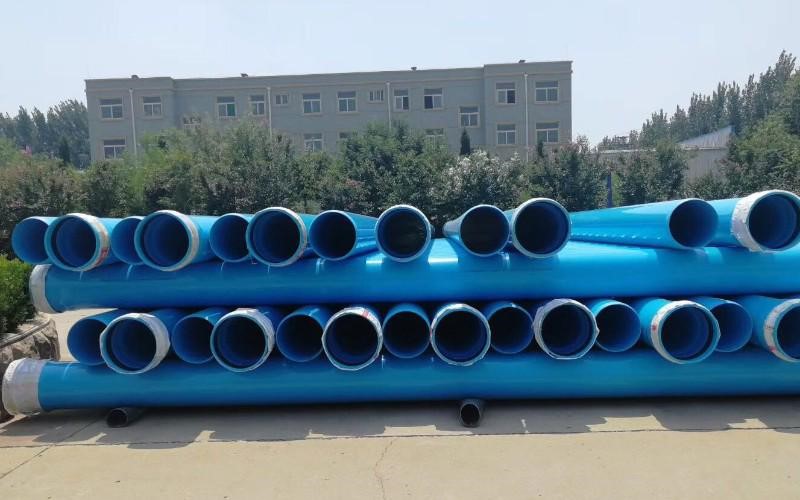

Choosing the Right Piping Materials for Commercial Building Plumbing Purpose
When the piping network needs to be replaced, you get a chance to incorporate the best commercial plumbing materials for durability and added functionality. There are several factors to consider when constructing a fluid piping system in your commercial firm. The material you select for the pipes casts a critical impact on the functionality of your system.
The first thing you should take into account is what kind of fluid you will be transporting? To be more specific, think whether the fluid is corrosive. These fluids include ammonia, seawater, crude oil, and any other acidic liquid with a hefty chemical percentage. If you are wondering can pvc pipe be used in commercial buildings, then it is the best material for the primary conveyor. But that’s not all, there are other aspects as well. Let’s discuss them:
Temperature tolerance
If the facility requires to transport high-temperature fluids, it’s important to ensure that the piping material can handle it. Metals are the best choice in such cases even though the pipes may become extremely hot.
If the fluid is too hot or too cold such as any form of cryogenic liquid, the commercial plumbing materials should be intended for particular use. Otherwise, the pipe runs the risk of getting corroded and damaged while corrupting the fluid running inside. In worst scenarios, it may break down the pipe completely leading to extensive repairs and workplace hazards.
In a commercial establishment such as food processing, medical institutions, and laboratories, keeping up the accurate temperature is very important. For extremely high temperatures, materials like ATL, PTFE, PP, and carbon steel are suitable while copper and high-alloyed austenitic SS are perfect for cold temperatures.
Pressure tolerance
When the pressure of the liquid thus transported is very high, the commercial plumbing materials should be very strong, have a greater thickness, and withstand high-pressure fluids. On average, the piping facilities must be able to handle 150 pounds psig. In case a commercial system has to transport liquid with higher pressure levels, the ducts used should be specifically designed for the purpose.
Some liquids and gases such as chlorine, helium, propane, acetylene, nitrogen, and concentrated oxygen give rise to varying pressures within the fluid channels. If the pipe material is not fit to handle high pressure, it may lead to fire, leakage, flooding, and substantial injury to the property.
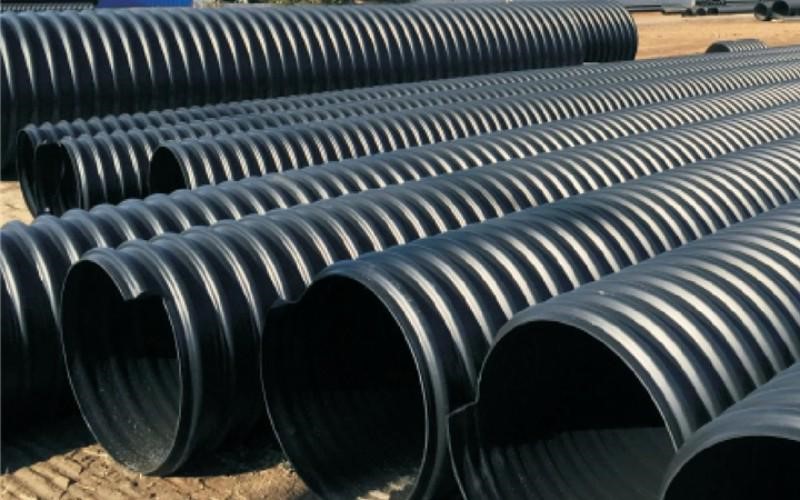

Likelihood of corrosion
Corrosion is another significant consideration when it comes to choosing the right commercial plumbing materials. Hydronic cooling and heating systems typically incorporate corrosion inhibitors like molybdates, nitrites, and biocides.
Some piping solutions are equipped with molybdates for cold water systems but they can also be used for hot water systems where temperature rises to 140 degrees Fahrenheit. This is due to the fact that nitrites are food for microorganisms causing their blooming in very cold water systems. Both stainless steel and galvanized steel can resist corrosion and thus, they are the fittest options for transporting highly corrosive liquid.
UV exposure
In some applications, commercial plumbing materials are installed completely outdoors leading to their exposure to natural sunlight all through the year. Although thermoplastics can endure a lot of natural elements some of them may not be suitable for direct UV exposure.
Some thermoplastics also start breaking down chemically leading to premature degradation of the pipe system. Thus if you are searching can pvc pipe be used in commercial buildings, then it is highly suitable for installations with constant UV exposure.
Required Flexibility
Without the right level of flexibility, pipes can give way to cracks and even become disjointed. If there’s a gap in the pipe, it may comprise the flow of the fluid and allow seepage or leakage. PVC pipes are incredibly flexible and versatile in commercial usage and offer a key advantage in the piping network. They are not only low weight and gives ease of usage but also extremely flexible and corrosion-resistant.
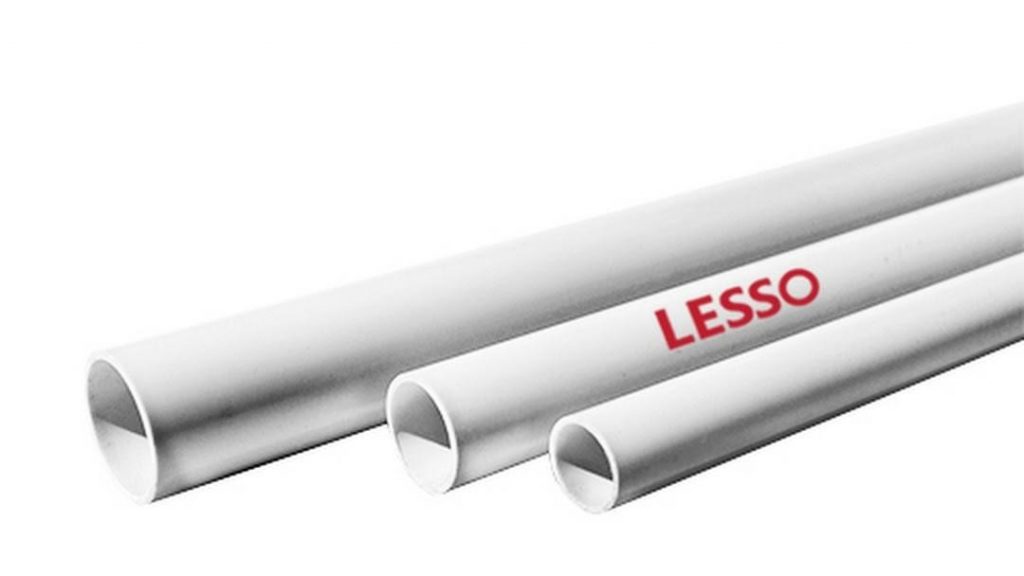

Summary
Recommend Reading
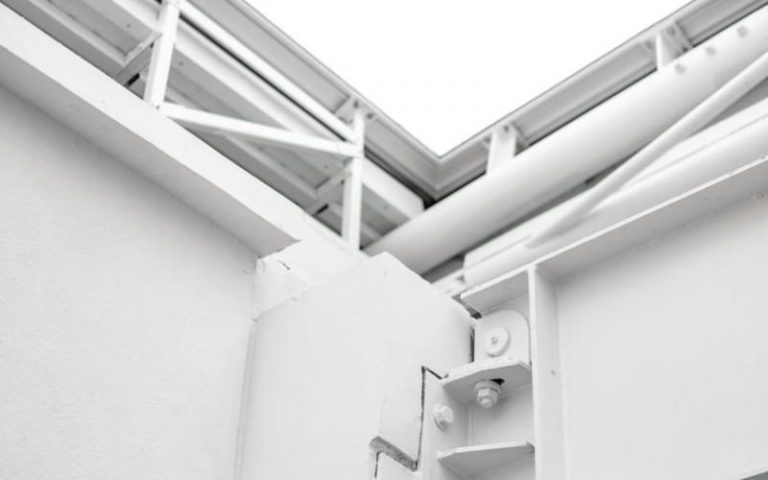

How to Maintain Commercial Plumbing System?
Table of Contents Plumbing problems are an inevitable part of our life, especially for house owners. Wear and tear, fixtures aging, and poor maintenance are
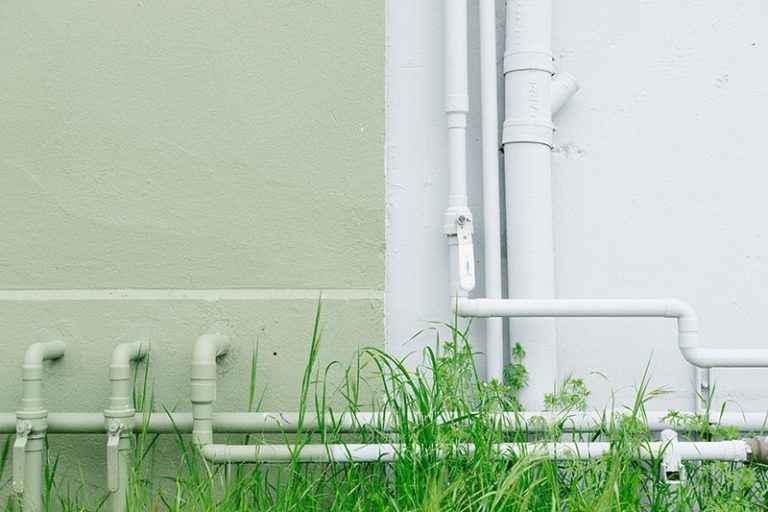

Pipe Guide for Home Plumbing
There are five major home plumbing pipe types which are typically found in residences of any size. These help you to enjoy both hot and


